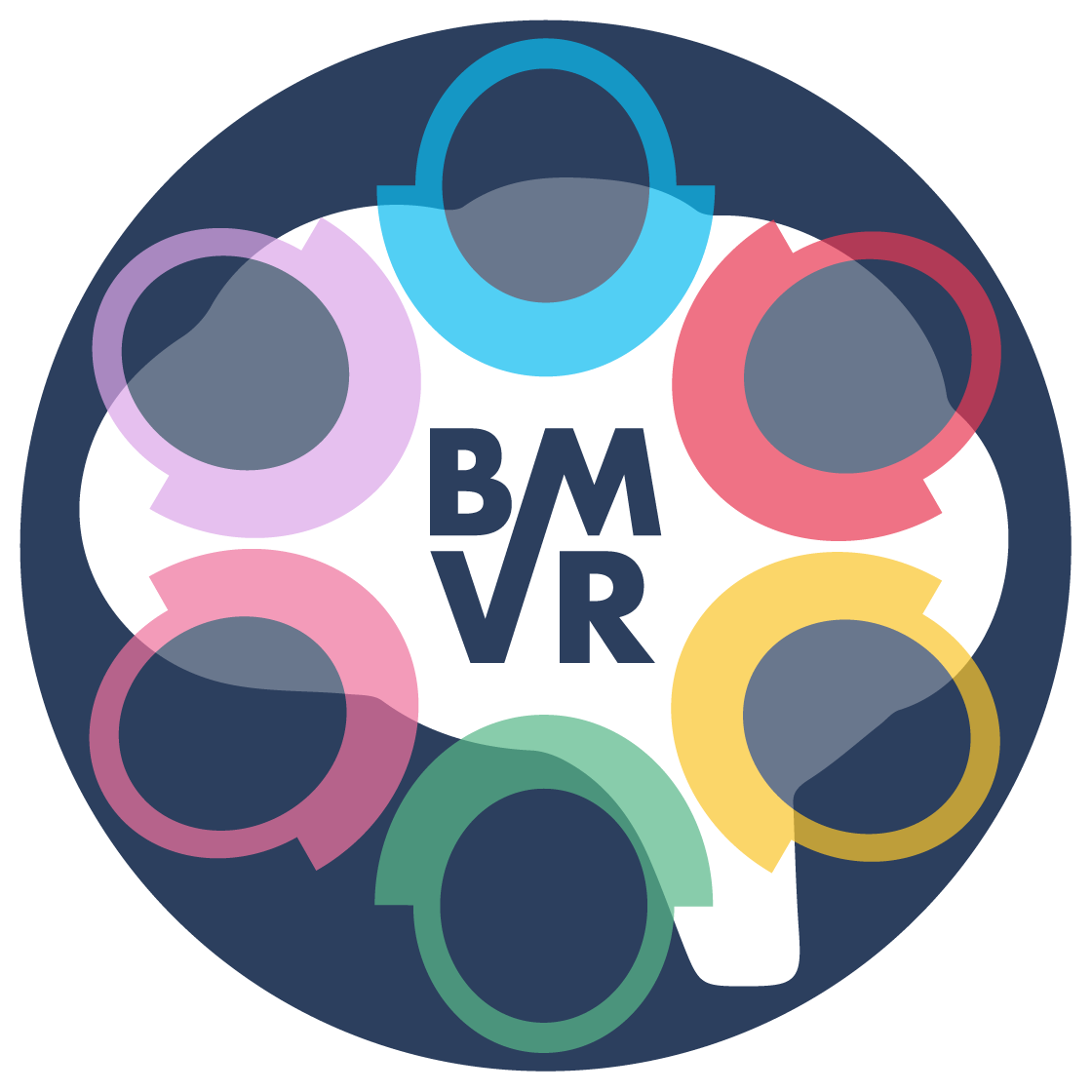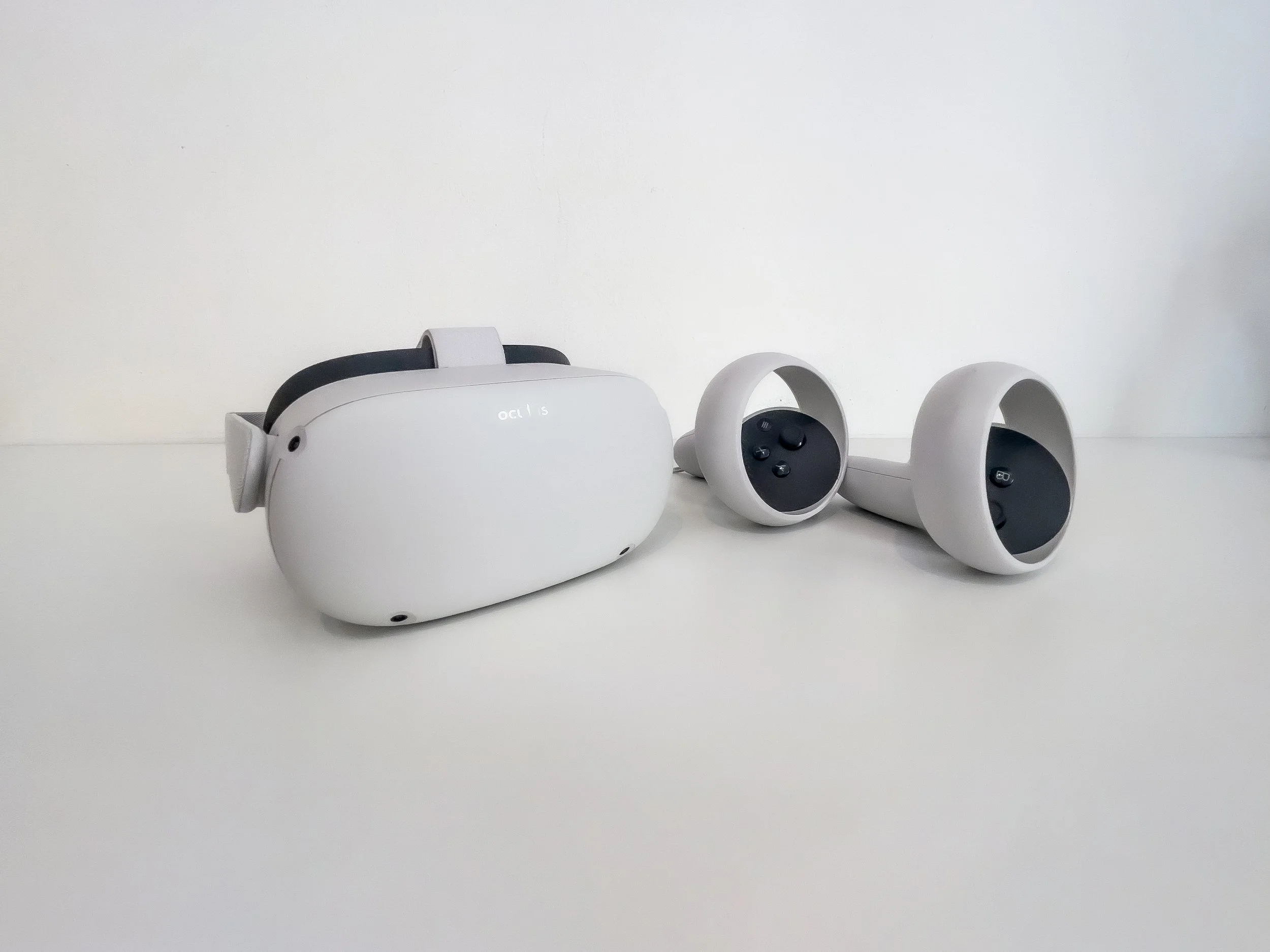Why Virtual Reality?
Education in the classroom hasn’t changed much in over a century.
Yes - schools now have whiteboards instead of blackboards, lucky ones even have smartboards that create the illusion of 3-dimensions, but the information is still presented on a flat surface.
Spatial computing allows the learner to be immersed inside a fully 3D virtual space, so that they can interact with the subject matter they are learning using whole body movements.
Our first Educational Technology product - Pizza Maths VR - enables students to learn difficult-to-grasp maths topics in a context that is actually relevant to real life: running a Pizza Restaurant.
Part of the inspiration for Pizza Maths is one of the most popular VR games in recent years - Job Simulator - where people can serve robot customers in a convenience store, fix cars in a mechanic’s garage or cook up orders in a restaurant.
While Job Simulator is played entirely for entertainment purposes, the beauty of Pizza Maths is that, while it is also great fun, it helps to make learning difficult maths topics a piece of cake!
Why Do Team Building in Virtual Reality?
Videoconferencing is a terrible way to communicate.
It breaks all the rules of normal communication. Virtual reality however enables “presence” - a term that describes the feeling of being fully immersed in the virtual environment and alongside other members of your team. Collaboration is significantly enhanced under these circumstances.
This is because you are not just limited to verbal communication. You can also express yourself with the extra channel of head movements, hand gestures and other aspects of body language.
When meeting in VR, as opposed to in person, you are not only reducing your carbon footprint by travelling less often, but you can even be sure to have everyone’s full and undivided attention. Why? Because when people are wearing VR headsets they cannot be distracted by their smartphones! And if they did try to sneak a peek it would be immediately obvious to everyone.
Brain Man VR was launched by neuroscientist, author, broadcaster and consultant Dr Richard “Jack” Lewis in response to the limitations of remote working.
Helping companies grasp how VR can improve quality of communication, build team spirit through fun, engaging, regular group activities was the driving force that initially inspired us.
Dr Lewis started building the VR worlds himself, having spent most of 2019-2021 learning how to use Unity/C# coding and then building interactive, multiplayer experiences for his first client the World Economic Forum.
Using knowledge gained during his doctoral and postdoctoral studies in neuroscience, the interactions embedded in all the VR experiences he creates are specifically designed to improve well-being and boost cognitive performance.
He spent 15 months as a Product Owner for Fundamental VR, coordinating the development of the second generation Orbis International VR cataract surgery training simulator, which is currently helping to restore blind people’s vision all over Africa and Asia.
VR technology is no longer disproportionately expensive. The affordability means that any household that owns a computer gaming console can likely afford a VR headset too. In fact, many households already own VR headsets which are gathering dust since the novelty wore off.
The time to act is now! Buy an inexpensive headset (or dust off your old one) and sign up to get on the waiting list for Brain Man VR - Pizza Maths. Why struggle learning difficult exam topics the old fashioned way, when doing it with Pizza Maths can actually make it a pleasurable experience?!



